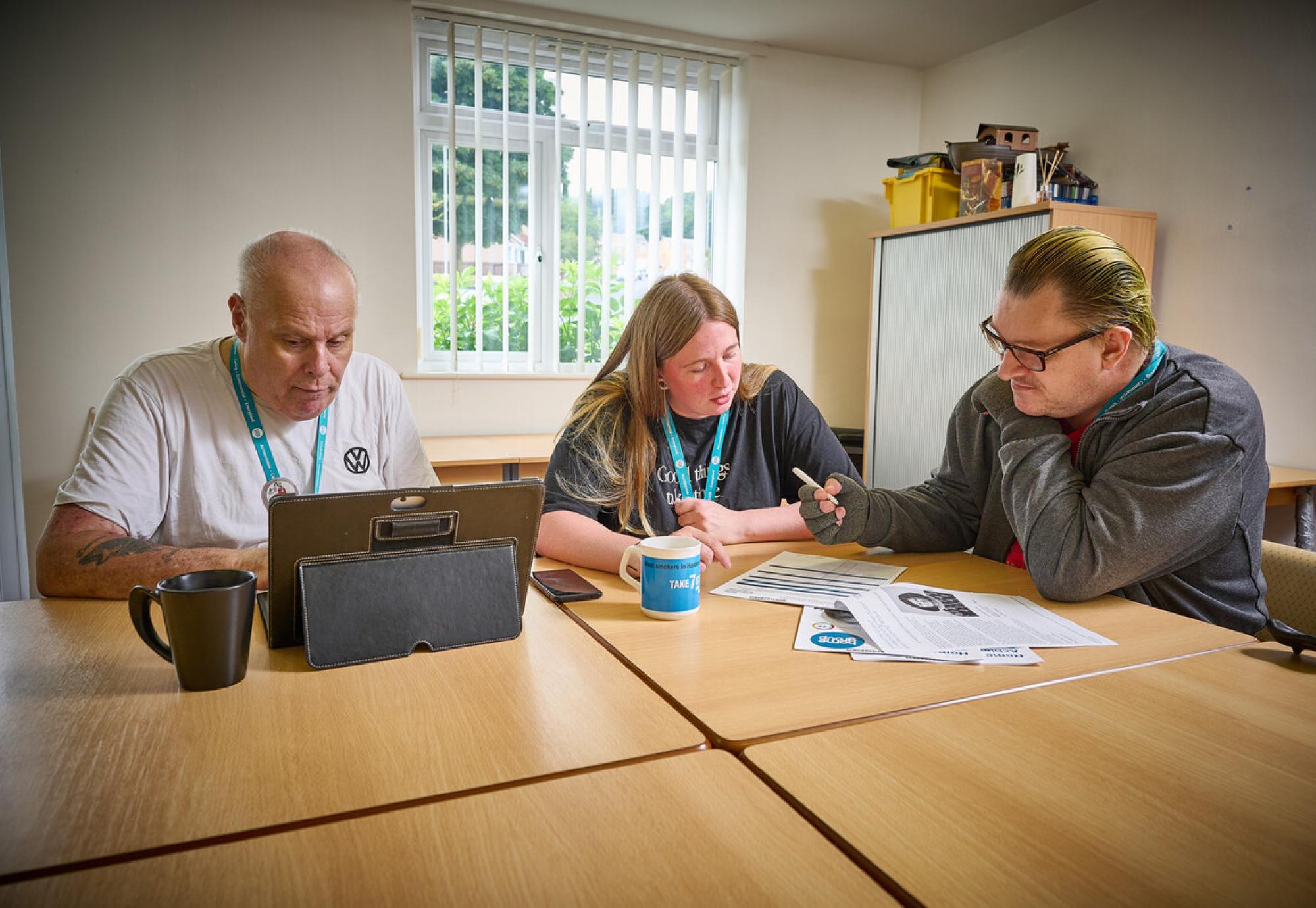A patient’s healthcare journey often starts at the point at which they reach a hospital or healthcare provider. Yet, many of these people have been dealing with symptoms or precursors to their ill health long before that visit. Increasingly, there has been an appetite to ensure that the necessary support and services are in place to cut off those problems before they escalate – providing proactive, preventative solutions to improve people’s health and wellbeing.
These preventative services can come in a vast range of forms, from health coaching and information signposting, through to support networks to tackle isolation and early screening to identify emerging problems.
Many are delivered by independent providers and are intended to work in conjunction with existing NHS services, aiming to reduce the number of end users requiring hospital or NHS treatment.
Housing association Home Group is just one of these providers, who have been delivering a range of services around the UK to help support positive health and wellbeing.
In Cornwall, one of these services is the health coaching service. Health coaches Mandy and Jo work across the entire county, working in both residential services and in the wider community. Through their work, customers with a wide range of health conditions – from those with a physical health need to those with a learning difficulty or cognitive condition – are empowered to take greater independence with their own health and wellbeing.
This can be in the form of physical interventions such as helping to increase the amount of exercise a customer is doing or reducing smoking or alcohol consumption.
But the service also includes steps such as attending health appointments with GPs, hospitals, or dentists to ensure customers understand what steps they need to take, and ensuring they are more informed about their health conditions.
Sessions and workshops are held both face-to-face and virtually with customers. The service is in place to offer outreach to people living in Cornwall aged 18 and over who have physical health needs and/or disabilities for up to six months. For residential customers, support is available for up to two years.
Since starting their contract in Cornwall, Mandy and Jo have supported between 50 and 70 customers each.
They explain: “The customers we support are often very complex and need that extra bit of support.
“This support can be quite intensive, but we are putting into place the preventative steps to enable customers to both improve their health outcomes and reduce use of NHS services.”
Some 450 miles further north, in County Durham, another Home Group service has been working with local commissioners and NHS providers to improve the wellbeing of new families.
The postnatal befriending service is targeted at new parents identified as requiring extra support by their health visitor, midwife, or GP during their 6-8 week mental health check appointment.
Operated through the Durham Mental Wellbeing Alliance, of which Home Group is a member, the service seeks to build confidence in those new parents to access community groups and support, prevent isolation, and help with anxiety and depression.
Initially running as a three-year pilot programme, the service intends to help new parents feel valued and able to access the support they need independently and free from a fear of stigma. Each parent referred to the service will be provided bespoke support tailored to their needs.
Anxiety, low confidence, and social isolation can be common among new parents lacking a social network around them and can risk escalating into mental ill health or crisis. This can often lead to them needing to be referred into an under-pressure health service.
Home Group’s postnatal befriending service sees ‘community connectors and befrienders’ work with the new parents on a short-term basis, building up their confidence and comfort accessing local community services and support groups. That early intervention helps boost the self-esteem of these new parents to the point that, when support is then gradually withdrawn, they still feel confident and informed enough to continue accessing the support they need.
The community connectors work with existing family hub colleagues to keep their knowledge fresh of local support available, which they can signpost to service users. They also carry out ‘hand-holding’ visits to play groups or appointments, as well as bringing them to the family hub buildings, to reduce isolation among these new parents and give them opportunities to build social connections with other new parents.
Preventative healthcare approaches are important in tackling mental and physical ill health early in the process. Services like those operating in Cornwall and County Durham, while relatively simple in design, can identify, intervene, and support people with health and wellbeing problems before they escalate.
This can help both reduce the use of NHS services and the overall cost of treatment as health issues are tackled ahead of escalation. Back in 2015, the London School of Economics (LSE) discussed the increasing importance of preventative healthcare and a need for increased spending on the area – with, at the time, only 4% of NHS spend being on preventative services, as opposed to 70% on the treatment of long-term conditions.
Since then, commitments in the NHS Long Term Plan and a range of funding initiatives have further consolidated the move towards greater preventative healthcare approaches, alongside efforts to further build it into the NHS’ rebuilding of services post-Covid.
By the NHS’ own estimates, it can take between five and ten years to realise the cost and time savings of a move to preventative healthcare. Working with commissioners and setting up these much-needed services around the UK is a key step in supporting this progress.
For more information about the different preventative care services which Home Group operates, visit www.homegroup.org.uk/care-and-clinical-support/ or email: [email protected].



















